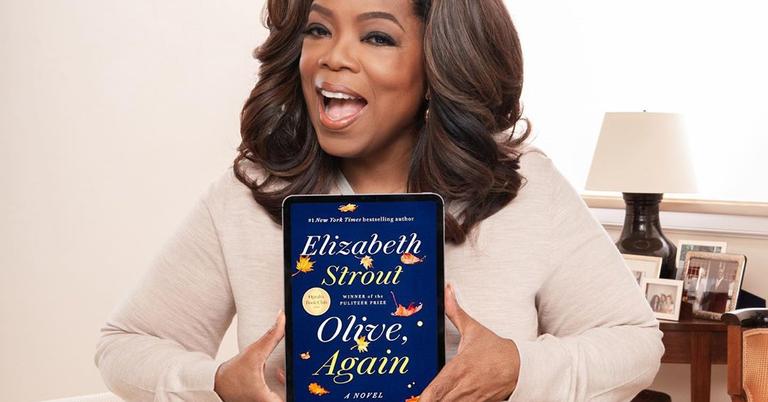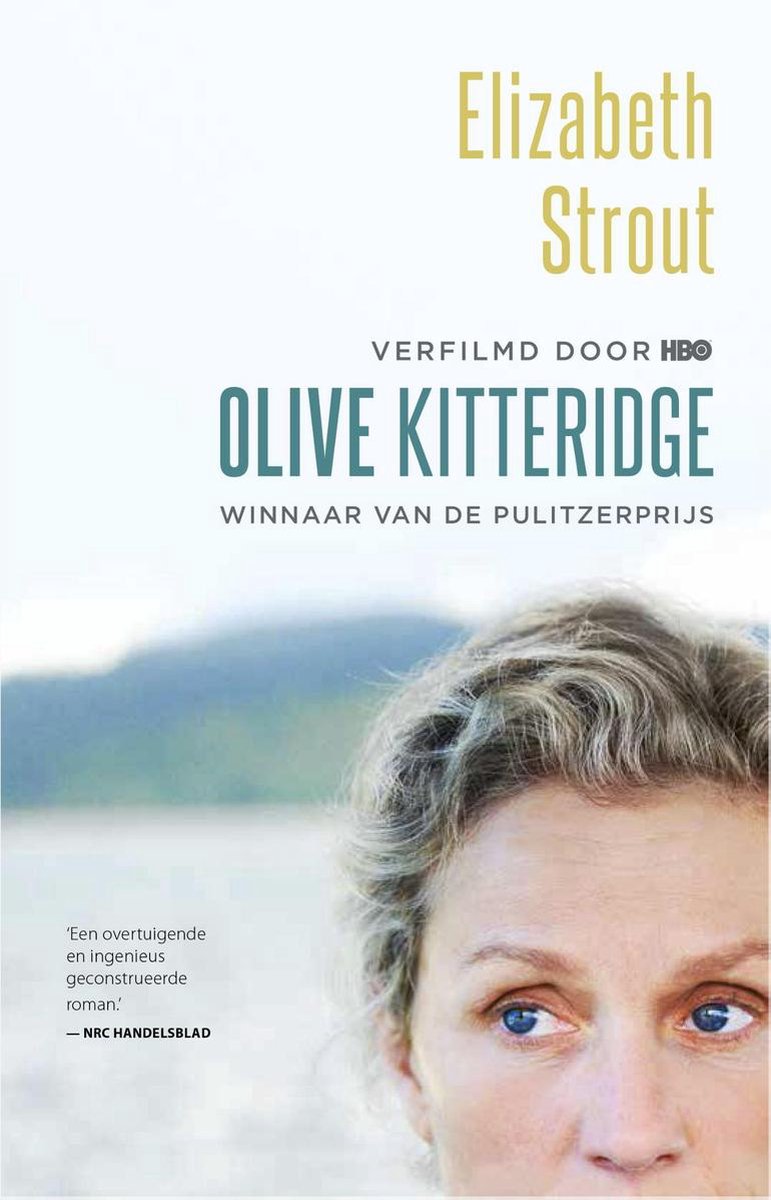


Family secrets, sexual and violent, emerge in moments of wild intensity.īut the prose in Olive, Again is more relaxed than the firecracker descriptions, finely tuned ellipses, and whip-smart banter of its predecessor. Surprises wing in but always make a crazy kind of sense. The point of view shifts unexpectedly or jumps forward or backward in time. A seed planted in the first few pages - often a bit of gossip or a retrospective observation - bears fruit in the final turn.

And as usual in Strout’s stories, the craft is virtuosic and often risky. Olive, Again picks up shortly after, and follows our curmudgeonly antihero through the twilight of her life.įrom the first few chapters - which, as in Olive Kitteridge, are free-standing short stories - Strout creates the Olive her fans expect, doing good while grousing the whole way. Olive Kitteridge ends with the death of Henry and the beginnings of an awkward romance with wealthy Maine transplant Jack Kennison. She’s impulsive and ill-mannered but also deeply moral. Yet in more sympathetic moments, she tries to care for an anorexic girl in town and counsels a boy considering suicide. In a memorable scene that takes place the day of Christopher’s wedding, Olive, after overhearing a derisive comment, steals a bra and one shoe from her daughter-in-law and defaces one of her sweaters as a kind of curse on their marriage. Her father died by self-inflicted gunshot wound, her platonic lover in a car accident, and she rages at her husband, Henry, and son, Christopher. Olive Kitteridge is a gorgeous 2008 novel in stories (and a stellar HBO miniseries) that depicts the life of a woman whose deep humanity is often occluded by her pain. Just as in Updike’s Rabbit series, a change in time changes everything. Olive has aged, and she, along with the residents of the fictional seaside hamlet of Crosby, Maine, are grappling with a changed world. Olive Kitteridge did not want for a sequel, but the result - charming, amusing, and consistently surprising - is a follow-up worthy of the original. “I really thought I was done with her, and she with me.” Then one day, while Strout sat in a European café, her difficult, lovable character roared back to life. “I never intended to return to Olive Kitteridge,” Elizabeth Strout said in a recent interview with The New Yorker. Such is the case with Olive Kitteridge, the namesake of Elizabeth Strout’s Pulitzer Prize–winning novel, and now the central character of Olive, Again.

But sometimes a character so compels the author and readers worldwide that she practically demands to be written about again. A second book may rob readers of the pleasure of imagination, thus undoing some of the magic of the original novel. There’s a risk in returning to characters whose arcs have been resolved or purposely left in ambiguity.


 0 kommentar(er)
0 kommentar(er)
